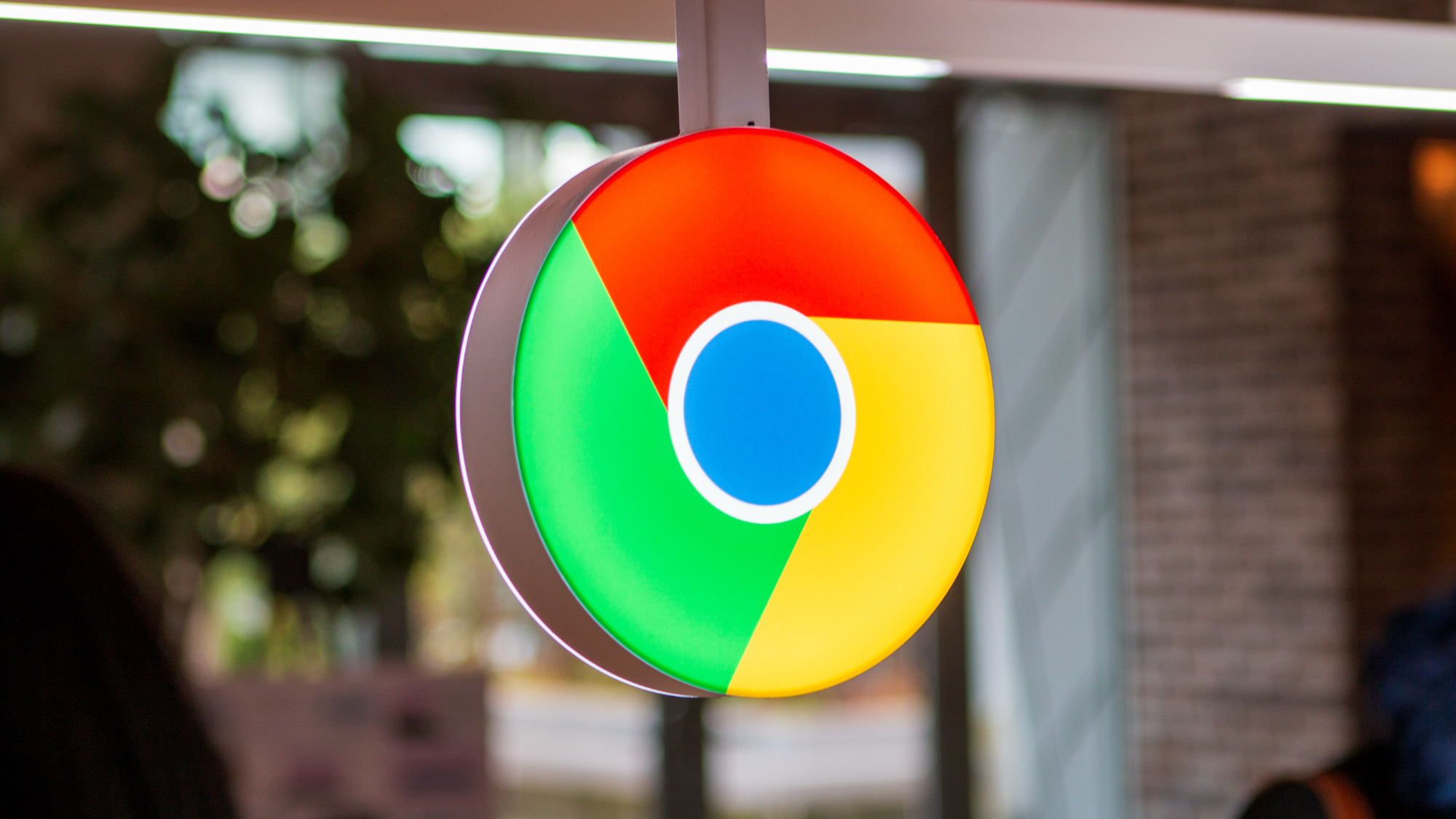What you need to know
- Google responded to its antitrust lawsuit ruling, stating that it will negatively impact the way in which users interact with its products.
- Google argues that if other search engines like Bing, Yahoo!, etc, are forced onto users, it will make it harder for them to access Google Search, despite it being their first option.
- This ruling could also put users’ privacy and security at risk, as their data could be shared with other unknown companies that may misuse this information.
- A new trial begins today (April 21) to determine the way forward for Google.
Google is responding to the U.S. federal court’s ruling from last week (April 17), which stated that Alphabet, Google’s parent company, violates antitrust laws in the ad-tech space. It states that this ruling will not only affect Google as a company, but would “hurt America’s consumers, economy, and technological leadership.”
Leonie Brinkema, a U.S. district judge, issued a ruling stating that Google’s parent company had illegally monopolized the online advertising space. Bloomberg brought the ruling to light, noting that this violation pertains to “advertising exchanges and tools used by websites to sell ad space.” The judge also states that Google isn’t allowing other companies to enter the ad space, let alone compete with them.
By stating that, the company “willfully engaged in a series of anticompetitive acts to acquire and maintain monopoly power in the publisher ad server and ad exchange markets.”

Google outlines several points in its Keyword blog regarding how this judgment would negatively impact the company as it competes with AI technologies like ChatGPT, DeepSeek, and others.
To start, Google states that this judgment would force phones and browsers to use alternative search engines, such as Bing and Yahoo!, making it more difficult for users to access Google Search, despite it being their primary option.
Secondly, the government aims to prevent Google from paying phones or browsers, such as Mozilla, to maintain Search as the default search engine. Google claims that this move will exacerbate the situation for users, as companies may start charging customers to compensate for the revenue loss resulting from Google’s actions.
Additionally, Google states that the Department of Justice (DOJ)’s proposal will also require them to share user information with unknown companies, which could, in turn, jeopardize users’ privacy and safety. The DOJ has also asked Google to separate Chrome from Android and wants the company to sell Chrome. It also suggested splitting Android from Google Search and Play without forcing a sell-off.

Furthermore, Google states that this move could disrupt the platforms they’ve built over the years and offered to users for free, harm businesses built on them, and compromise security. For instance, splitting it off would disrupt its integration with other Google services within Chrome.
Lastly, the company says it would also “hamstring how we develop AI, and have a government-appointed committee regulate the design and development of our products.
The Justice Department and a group of states sued Google in 2023, arguing the company monopolized three display advertising markets online: ad servers, exchanges, and networks. As of now, Google says it disagrees with the decision and will appeal to the court to look for ways to mitigate this judgment.
The new trial for Google to prove that it isn’t in violation of these antitrust laws begins today (Apr. 21). And if Google ends up losing its plea, it could drastically change the way users interact with Google and its products in the future.